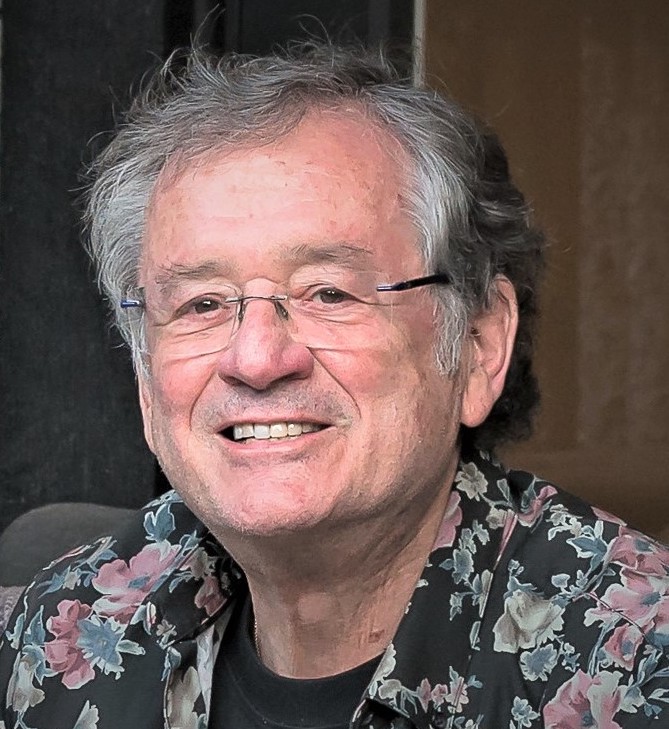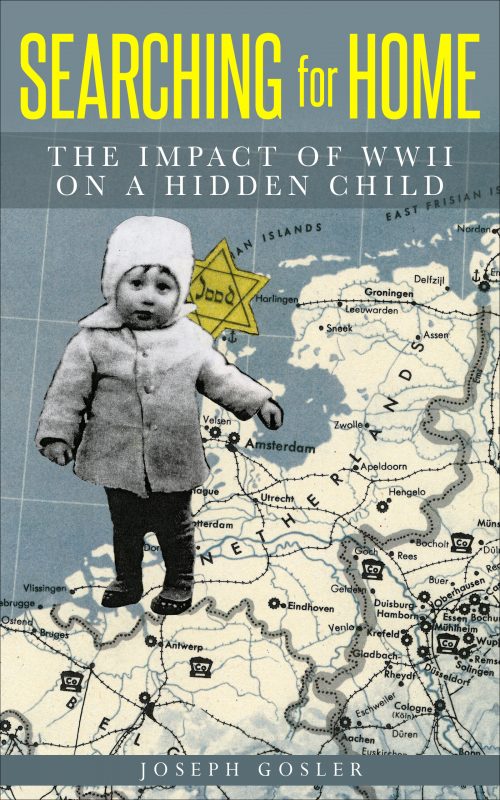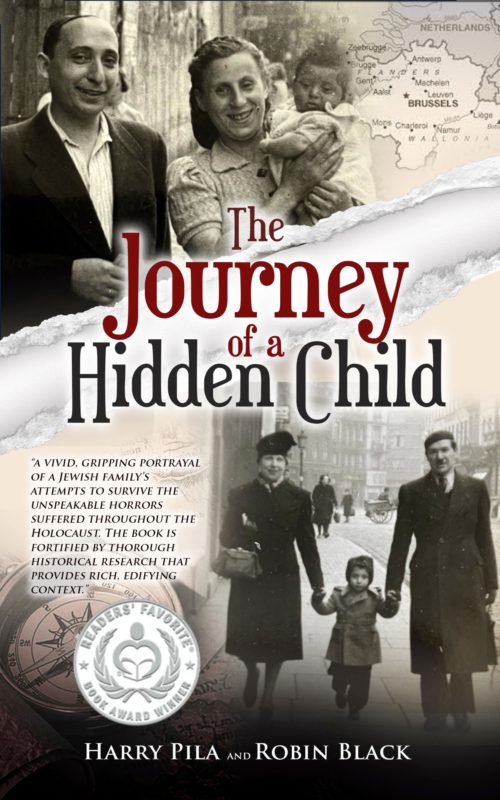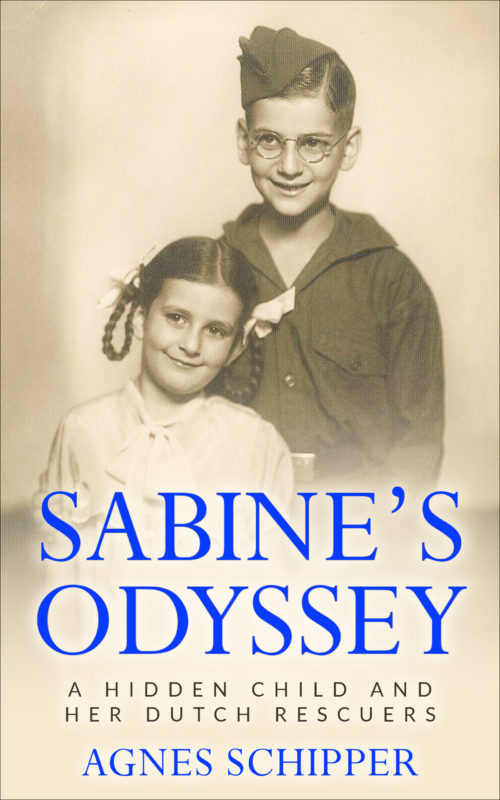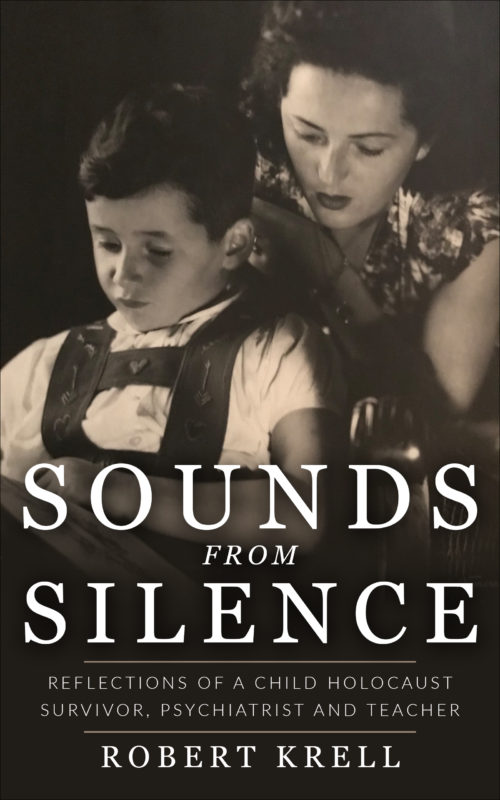
Reflections of a Child Holocaust Survivor, Psychiatrist and Teacher
Having suffered Holocaust trauma as a child, Robert Krell’s childhood is defined by slience and hiding. Sounds from Silence is his courageous attempt to shed light on his own story.
Finalist in Western Jewish Book Awards 2023
The life of a Jewish infant in the middle of the Holocaust is constantly threatened. Deportation would mean certain death.
Dr. Robert Krell, the well-known psychiatrist and founder of the Vancouver Holocaust Education Center, has long described young Holocaust survivors as “elderly children.” Robert Krell has received both local, national and international recognition for his life-long work in Holocaust education, remembrance, human rights and social justice.
When Krell was only two years old and living in warn-torn the Netherlands, the Christian Munnik family was entrusted with his care. There, he learned to recognize a mother, a father and a sister in the faces of those who once were no more than family acquaintances.
After WWII he is reunited with his parents who miraculously survived. Both parents and child have to deal with massive unspoken trauma. They choose to keep it at bay, deciding that never talking about it would help them forget and eventually heal. Until Krell realizes that forgetting is not a cure but a threat.
Forgetting could make the tragedies they all lived happen again.
Forgetting would mean erasing the lives of 6 million people from history.
Sounds from Silence is an extended reflection on the effects of being a child Holocaust survivor and a child of Holocaust survivors.
Krell explores the circumstances that marked his whole life: the frustration of an abandoned child, the understanding that can only be acquired in adulthood, the regret of a mother who had to let go of his son to save his life.
The fight of a self-defined “elderly Jew with stories to tell” against Holocaust deniers and skeptics.




